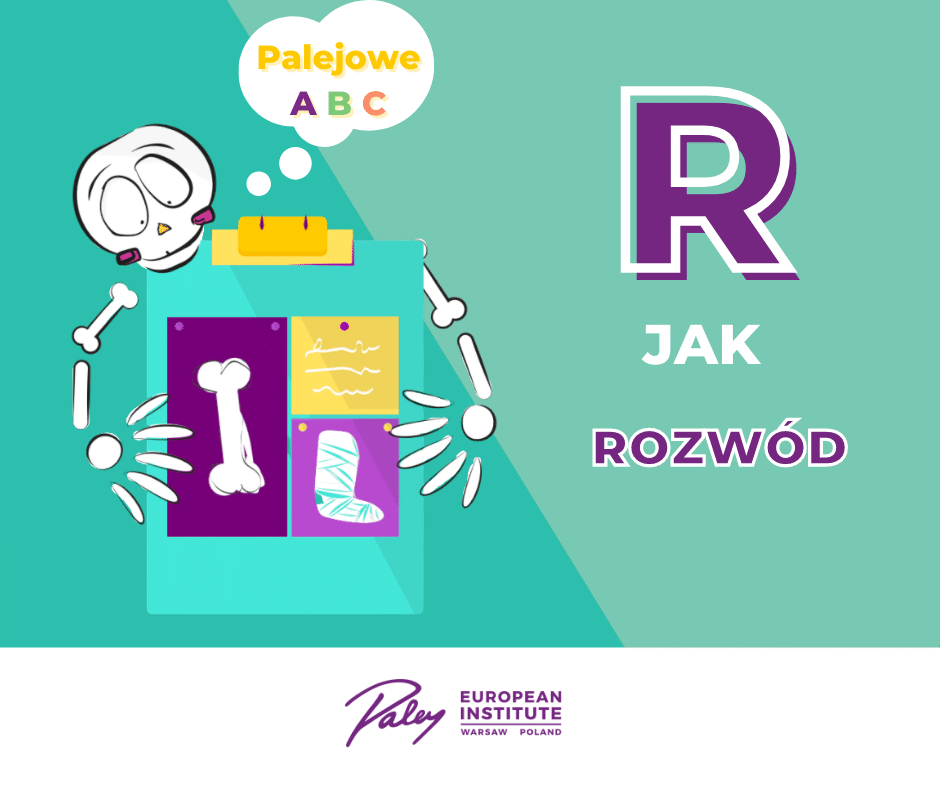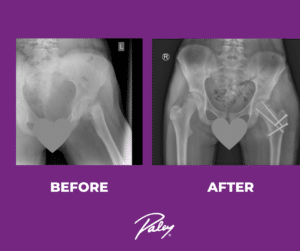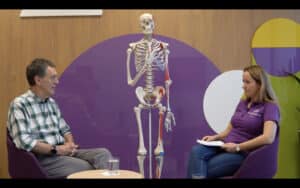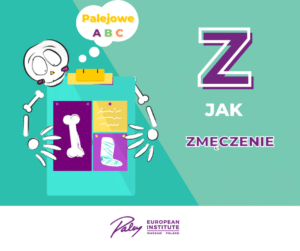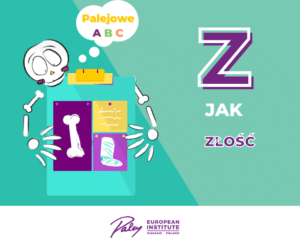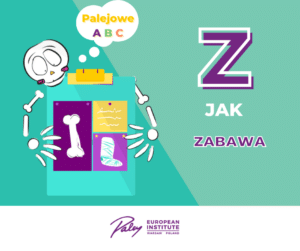One of the most unpleasant experiences for a child is the parents’ breakup or divorce. Often this solution, although painful and stressful, turns out to be the only good one. Attempting to maintain a relationship solely for the sake of the child would do more harm than good to all family members.
During this challenging time, it is important to take care of your own emotions so as not to flood your baby with them. Then it will be easier to take care of the child who also needs exceptional support during this period.
The way in which children react to information about the break-up depends on their age, personality and the circumstances of the break-up. Often the first reactions in children are shock, sadness, frustration, anger or disbelief. Parents can ease this time by avoiding arguments and heated discussions in front of their child, and by reassuring them that they are not responsible for their parents’ break-up. It happens that children are looking to blame themselves for their parents’ decision and it is important that they know that it belongs only to adults.
It is natural that when a breakup is faced, different emotions will arise – in both children and adults. An important part of this period is to reassure children that people react differently to changes in life and that all emotions that arise are normal. It also happens that if there are stormy quarrels or even violence at home before the breakup, family members will feel relief and peace in response to the breakup. They can be mixed with sadness, fear or anger. However, all of these emotions and states are perfectly normal responses. It is also worth talking to your child about what is happening to the parents and how they are currently feeling, to minimize the risk that children will blame themselves for their parents’ difficult emotions or try at all costs to comfort their caregivers. It is also important during the time of divorce that parents have the support of other close adults, friends or specialists. However, there should never be a situation in which a child – even a teenage child – becomes the trustee and a guardian.
When the parents break up, it is a time of increased tension and difficulty for the child. He has to deal with the challenges of everyday life and growing up, and in addition to face the new reality that comes with divorce. And there can be many changes: a new flat or house, a new school, new acquaintances, moving to another town, fewer contacts with one of the parents, the need to be with a new partner or parent’s partner, etc. Because of this it is worth contacting teachers at preschool or at the child’s school about what kind of situation he has to deal with. Thanks to this, employees of institutions will have a chance to take better care of the child and increase vigilance and attention to his behavior and well-being.
Whichever path the parents take, and whether or not they will be able to talk to each other, it is crucial for a child to reassure him that they are still his parents, and that their love for the child continues and will not change.
The topic of separation and divorce is very extensive and requires an individual approach depending on the family and the situation in which it is located. Therefore, if you are going through this demanding period now and you need support, you can benefit from seeing our psychologist.
